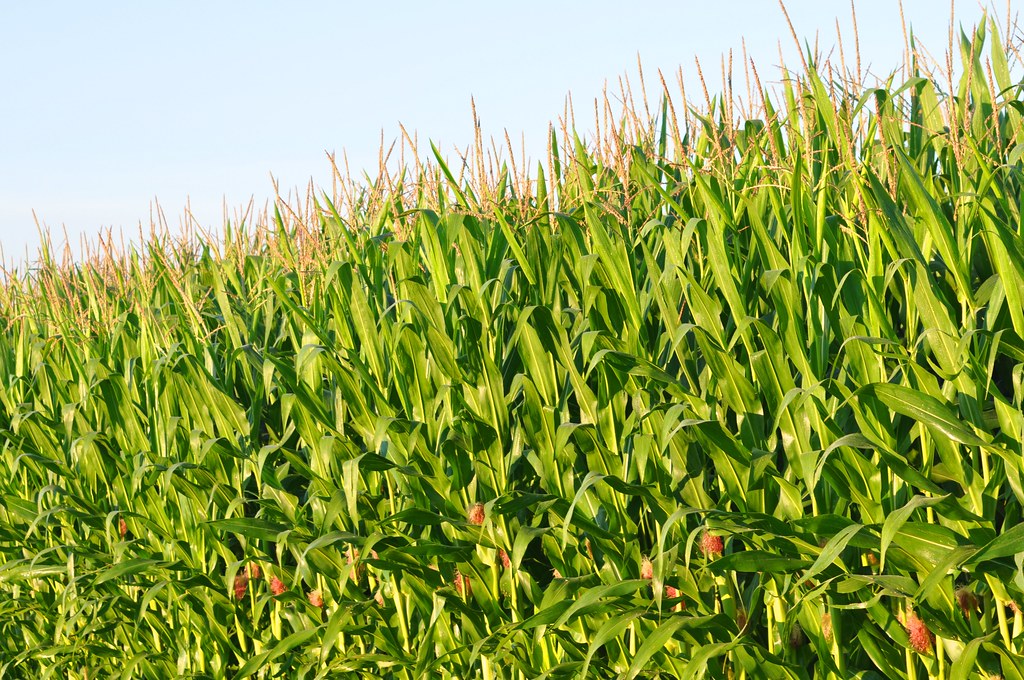by Mike Hutchinson
Members of the European Parliament
(MEPs) have recently voted for a change in the rules governing the
growing of GM crops in Europe.
Although needing final approval from
the EU council, this change will allow member states to opt to plant
any GM seeds that the European Food Safety Authority (EFSA). However,
states can still ban single GM crops, providing that the evidence on
which the ban rests does not go against the EFSA's opinion.
So where does this leave those of us
who advocate a true sustainable approach to agriculture?
It's probably reasonable to assume that
most permaculture practitioners are opposed to GMOs. Not in the Ludditist,
anti-science way that the GM agro-industry and some scientists feel,
but because we think there are other - and probably better - ways of
farming.
A move from an EU-wide ban on GM crops
to one where individual member states can decide does weaken the
situation.
Some states, such as France and
Germany, may choose to continue to ban GM crops. Others - the United
Kingdom, for example - have governments that look more favourably on
this form of biotechnology. And, it is thought, new GM crops could be
planted somewhere in Europe as early as 2016. The only GM crop
currently cultivated on a commercial scale in Europe is maize (MON
810), which has been modified to protect it against the European corn
borer, but there are others in the 'regulatory' pipeline.
Of course, environmentalists and
probably most permaculture practitioners have concerns about the
wider implications of such transgenic crops.
The EFSA recommends 'buffer' zones
between GM and conventional plants, but campaigners feel the UK's
distance of 200 metres is too small to be effective.
 |
Confocal micrograph of Bacillus subtilis, found in soil.
Original image: Wellcome Images |
While the spread of ‘transgenic
genes’ into neighbouring areas, with unforeseen consequences,
remains a concern, it isn’t the only one. Many GMOs have been
developed to be especially tolerant of pesticides and herbicides.
Heavy applications of these may guarantee farmers a decent crop - for
some time - but will take a toll of other life, including
micro-organisms in the soil.
However, evolution being what it is, it
isn’t long before pests begin to develop tolerance towards the
chemicals and increasingly higher doses are then required. This, of
course, isn’t a problem for the biotech giants as they are
developing and selling both the GMOs and the pesticides and
herbicides. A win-win situation for the companies, but not for
anyone else, including farmers.
But will the biotechnology giants such
as Monsanto or Dupont be aggressively pushing GMOs in Europe?
Monsanto spokesman, Brandon Mitchener, told Chemistry World [1] that
he didn't expect to see new biotech crops being planted in Europe in
the coming decade because the investment in time and money was too
great.
A related debate is going on about the
Transatlantic free trade deal, known as TTIP. Campaigners have
applied a significant amount of pressure on this and the EU's
agricultural commissioner, Philip Hogan, has pledged that the EU
would continue to label products containing GM foodstuffs, something
the biotech industry is opposed to.
At present it's not easy to see what,
in practice, will result from the new GM rules. The situation - for
those opposed to GMOs - has certainly been weakened, and biodiversity
could be under a greater pressure than before. If this is indeed the
thin end of the biotech wedge, then permaculture needs to respond by
continuing to campaign strongly for truly sustainable farming that
serves the interests of growers, consumers and the earth itself.
References
[1]
http://www.rsc.org/chemistryworld/2015/new-eu-law-set-open-door-gm-crops















%2Bwith%2Bfarmer%2BAbu%2BRami%2B(2nd%2Bfrom%2Bright)%2Bat%2Ba%2Bdesert%2Bfarm%2Bthat%2BHabiba%2BCommunity%2Bhelped%2Bestablish%2Bbetween%2BNuweiba%2Band%2BDahab.jpg)